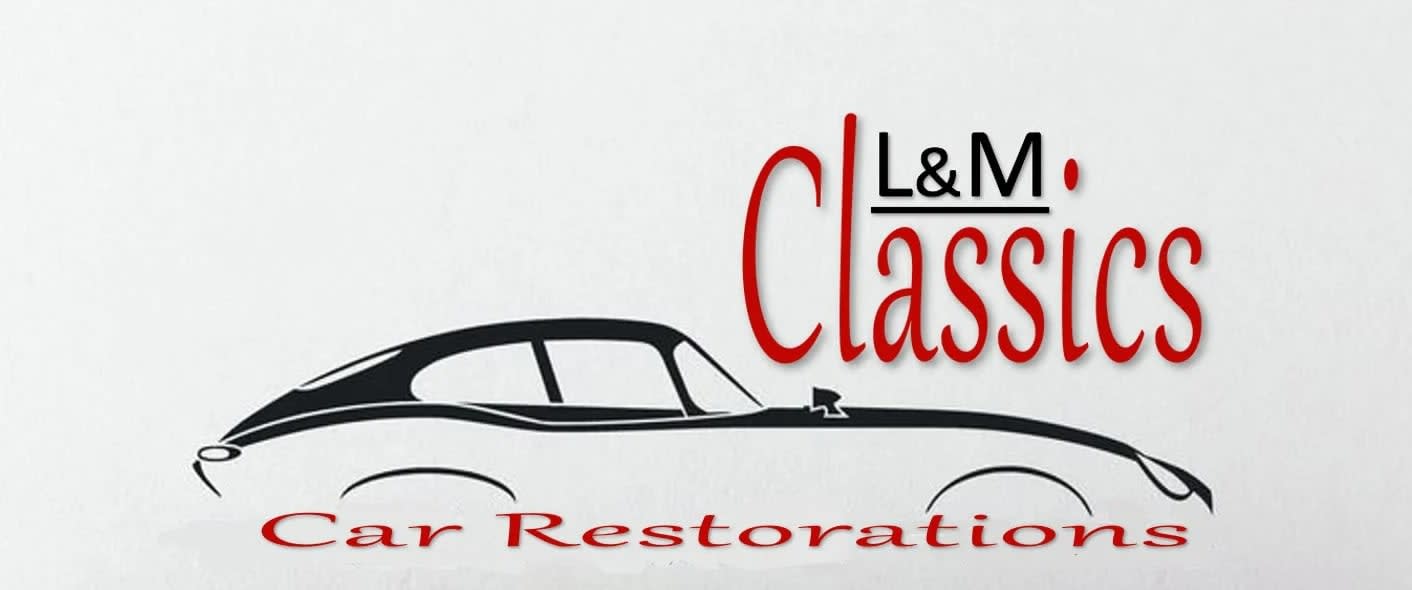The pros and cons of owning a classic car

Updated on: 13/03/2022
With the introduction of a rolling 40-year Vehicle Excise Duty (otherwise known as road tax or car tax) exemption in this year’s budget, it seems there has never been a better time in the UK to own a classic car. And after the reveal in March, even classic car owners whose vehicles didn’t fit into last year’s 1974 tax exemption will now feel an added benefit of owning a classic vehicle.
But owning a classic car isn’t for everyone – so how do you know if it’s for you? We take a look below at a few of the pros and cons of owning such a vehicle, to help you decide if you are ready to take a step into the world of classic car ownership.
Firstly, the cons:
Financial outlay
Owning a classic car has always been a job for those who truly appreciate and understand the vehicle they own, and are willing to lavish it with the care and attention it needs, including purchasing steel garages for sale, keeping them safe and sound. Many classic car owners are faced with a much larger initial costs than someone buying a non-classic second-hand car, and can then face more financial outlay to repair any problems. Classic car parts can be harder to come by than modern car parts and you may find that, depending on what kind of classic car it is that you own, only certain garages will be able to do the repair work for you.
Reliability
Although all cars are prone to rust, older cars are far more likely to have serious rust problems. Older cars tend to be made from more steel than modern cars, and it is this steel that can be prone to rust. And along with the rust, classic cars are also less likely to be reliable – as is the case after years of wear and tear. However, if you can find a car that someone has taken good care of, and you continue to follow suit, you should be able to avoid huge problems with reliability.
No mod-cons
Classic cars are not fitted with the mod-cons that we’ve come to expect as standard in our cars. Clearly, a built-in satnav and smartphone syncing are out of the question! But you also might be missing some things that you usually take for granted, such as electric windows and air conditioning. The first electric-powered windows were added to a car by Daimler in 1948, but they weren’t really commonplace until around ten years ago.
And now, the pros:
Style and character
Classic cars may not be fitted with the mod-cons that we now rely on for a comfortable journey, but they have something that many modern cars don’t – style and character! Classic cars tend to stand out from the crowd of lookalike modern cars, and will guarantee you plenty of attention and conversation from bystanders.
Driving experience
Modern cars have been designed to be as insulated as possible from the outside world to create a more comfortable driving experience. However this can often leave the driver feeling isolated from their car and the road. A classic car will transmit far more of the noises, smells and vibrations of driving, which can give a motor enthusiast a richer driving experience and a chance to appreciate their car.
Financial bonuses
From April 2014 a 40-year rolling rule has been introduced to classic cars, which entitles any cars built before January 1974 to be eligible for a zero-rated tax disc. This means that owners of newer classic cars will start to benefit – for example, the Ford Escort Mk2 will now be ‘tax-free’ from 2015. When this new measure was announced this March, it was estimated that around 10,000 classic cars owners would be affected and not need to pay tax from 2015. This was added into the budget to encourage more people to own classic cars, as the government feels they are an important part of our heritage. The knock-on effect of this is that the Reliant Robin, Austin Allegro and MGB V are now classed as classic cars, which means their market value is expected to gradually rise as a result.
Another financial bonus is that classic cars don’t depreciate in value in the same way that new cars do. Classic cars tend to hold their value, and if well looked after can even increase in value.
Conclusion
If you want a true driving experience and are prepared to dedicate time to looking after and maintaining a car, then a classic car could be right for you. With the cuts in tax and the possible increase in value, it certainly makes financial sense too. Our advice would be to do your homework first to ensure that you are buying a model which still has parts available, is reliable and won’t lose its value. This will help you to guard against running into trouble further down the road and minimise ongoing spending on your new purchase.
Source: https://www.thecarexpert.co.uk/pros-and-cons-of-owning-a-classic-car/
Get In Touch
How Can We Help?
Contact us through the form below with any questions.
